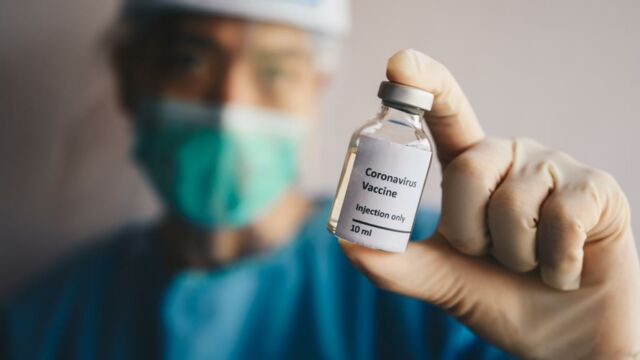The World Health Organisation (WHO) has approved China’s Sinovac coronavirus vaccine for emergency use. The vaccine is the second from China after Sinopharm to join the Covax initiative, with the hopes that it will reduce some supply pressure.
Discover our latest podcast
Sinovac has ‘met international standards for safety’
Emergency approval means that the COVID vaccine ‘meets international standards for safety, efficacy and manufacturing.’
Previous studies also show that Sinovac prevented symptomatic disease in over half of its users and averted severe illness and hospitalisation in 100% of study participants. Sinovac has also been approved for all those over 18. WHO chief Tedros Adhanom Ghebreyesus announced:
I’m happy to announce that the Sinovac-CoronaVac vaccine has been given WHO emergency use listing after being found to be safe, effective, and quality-assured. The easy storage requirements of CoronaVac make it very suitable for low-resource settings. It’s now crucial to get these life-saving tools to the people that need them quickly.
Sinovac could help ease vaccine supply issues
The two-dose coronavirus vaccine is already in use by multiple countries, including Chile, Brazil, Indonesia, Mexico, Thailand and Turkey. Sinovac has revealed that by the end of May, they had supplied over 600 million doses both in China and worldwide, with over 430 million doses being administered.
Now, with its emergency approval, Sinovax could help ease vaccine supply problems in the Covax initiative. Mariangela Simao, the WHO's assistant director-general for access to health products, explained:
The world desperately needs multiple Covid-19 vaccines to address the huge access inequity across the globe. We urge manufacturers to participate in the Covax facility, share their know-how and data and contribute to bringing the pandemic under control.
Sinovac can also be transported safely at just 2°C-8°C. This low-maintenance requirement means that the vaccine could be more accessible for developing countries that may not have the facilities available to store vaccines like Pfizer, which requires transport containers to be -90°C to -60°C.
‘A perilous point in the pandemic’
Emergency approval for the Sinovac vaccine came as the WHO, the World Trade Organisation, the International Monetary Fund and the World Bank agreed upon a £35bn ($50bn) investment deal to help stop the pandemic.
In a press statement on Tuesday, the organisations revealed that the world has entered a ‘perilous point in the pandemic’ and that inequalities in vaccine access could extend the situation and cause more deaths.
The organisations have also urgently called upon more fortunate countries to donate vaccines to developing nations.















